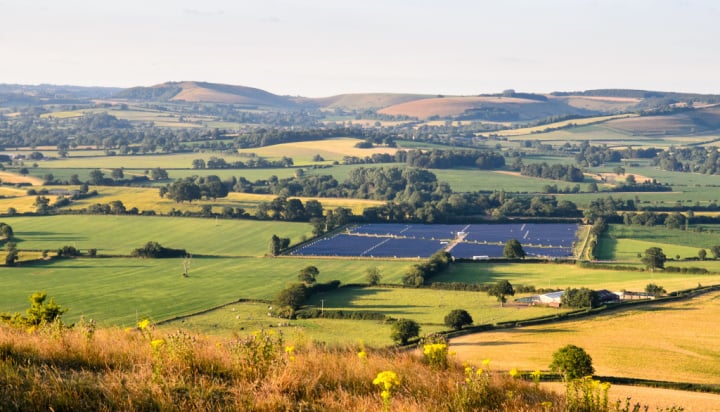UK winter gas boiler usage drops by 18%

Gas boiler usage witnessed a substantial winter decline, notably in rented households, falling from 72% in winter 2021 to 54% in winter 2022. Gas central heating usage showed a notable decrease, especially in rented households, dropping from 72% in winter 2021 to 54% in winter 2022. That’s according to a new government report which suggests during last […]
Smart meter mania sweeps UK: Record high installations

The UK experienced a record-breaking month for electricity smart meter installations in August, according to a report. In August, 213,000 electricity smart meter installations were reported, reflecting a 9% increase from August 2022. This figure surpassed the previous high for the year in March, which stood at 212,000 installations. The growing trend of smart meter […]
2026 boiler ban faces backlash

Ministers are considering postponing the 2026 ban on oil-fired boilers, prompted by growing opposition from Conservative MPs and concerns about the impact on off-grid rural communities. Ministers are reportedly contemplating a potential delay to the 2026 ban on oil-fired boilers. The reconsideration comes in response to mounting opposition from Conservative MPs and escalating worries about the […]
UK’s green U-turn could cost renters £1bn in energy bills

Experts have warned that the lack of clear regulatory guidance is discouraging most landlords from investing in energy efficiency upgrades. Certain policy shifts unveiled by the Prime Minister yesterday could result in renters collectively facing an additional £1 billion in energy expenses. The ongoing gas crisis has shed light on the importance of a well-insulated home, even […]
‘UK solar panels preferred over wind farms locally’

More people are content with the prospect of solar panel farms in their local areas compared to onshore wind farms, according to a new government survey. Britons express greater satisfaction with the idea of a solar panel farm being built locally. The latest findings from the government’s Public Attitudes Tracker shed light on how people feel about renewable energy infrastructure […]




